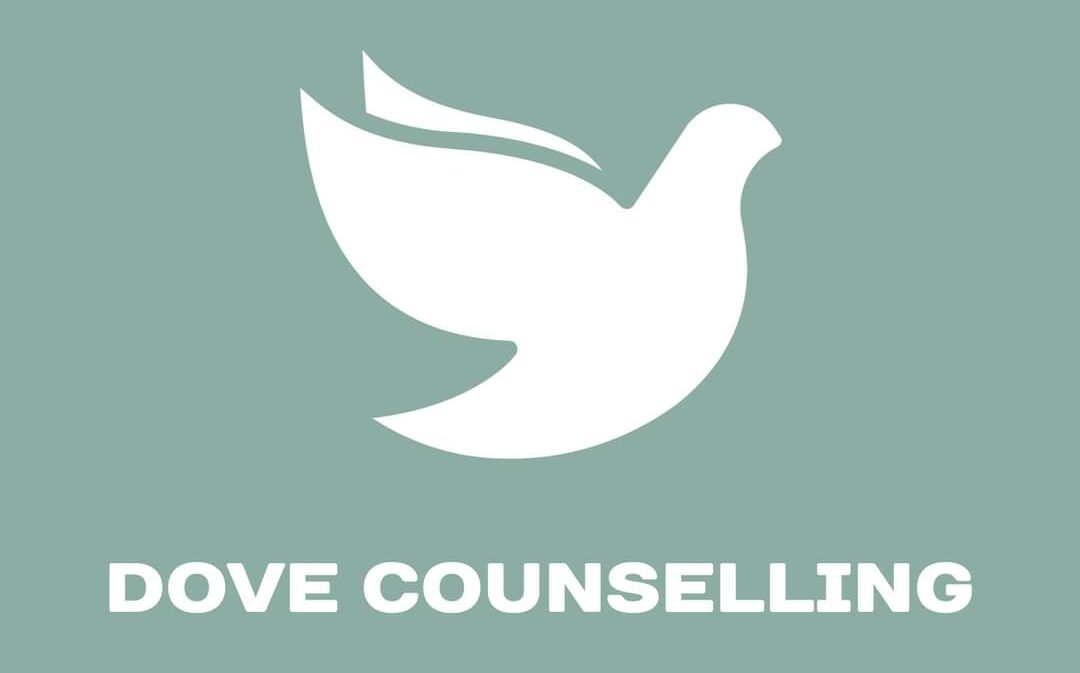
10 gentle ways to support yourself (or a loved one) through grief
Understanding Grief
Grief is the complex mix of emotions we feel after a significant loss — most commonly, the death of a loved one. But grief isn’t limited to death. We can grieve the loss of a job, a business, a relationship, a pet, or any major life change. These feelings can range from deep sadness, anger, and guilt to numbness, shock, or even disbelief.
Coping with the loss of a loved one
If you’re grieving the death of someone close, know that what you’re feeling is valid — and often overwhelming. Many people share that, months after their loss, they fear they’ll never return to their old selves. Grief can be disorienting, exhausting, and deeply personal.
Here are 10 compassionate and practical ways to care for yourself or someone you love during this time:
1. Be patient with the process
Grief takes time — usually more time than we expect. You don’t just “move on” from losing someone you love. They were an important part of your life, and the absence they leave behind reshapes you.
People often come to grief therapy wondering, “Shouldn’t I be over this by now?” The answer is no. Whether you were together for years or decades, healing isn’t on a set timeline. Grief can show up physically — in your stomach, shoulders, sleep patterns — as your mind tries to process the loss. Give yourself the time you need.
2. Ask for support
Grief can make daily life feel much harder. You may have less energy, struggle to focus, or feel disconnected from your routines. It’s okay to ask for help — in fact, it’s essential.
Let others know what you need. Say yes when someone offers to help with errands or childcare. Accepting support isn’t a sign of weakness — it’s a wise and necessary act of self-care.
3. Join a grief support group
You’re not alone. Connecting with others who are experiencing similar losses can be incredibly healing. Many people are surprised by how comforting it is to share space with others who truly understand.
Support groups are typically small and welcoming, and they offer a safe place to talk, listen, and simply be with others who “get it.”
4. Allow yourself to cry
Crying is a natural and healthy response to grief. Suppressing your emotions may seem easier in the moment, but grief needs room to move. Crying isn’t weakness — it’s your body’s way of releasing the intensity of what you’re carrying. Let the tears come when they need to.
5. Avoid overcommitting
When you’re grieving, even simple tasks can feel overwhelming. Give yourself permission to slow down. Delegate responsibilities, reduce your to-do list, and get as much rest as you need. Grieving is emotionally and physically taxing — your body and mind both need time to recover.
6. Hold off on major decisions
Try not to make any big life changes while you’re still in the depths of grief — such as moving, changing jobs, or entering new relationships. Focus instead on healing and stabilizing. There’s time later for those big steps.
7. Practice self-care daily
Whether it’s taking a warm bath, going for a gentle walk, reading, or just lying down for a nap — small acts of self-care are vital right now. Seek out what soothes you, even if only for a few minutes. Surround yourself with people who feel easy to be around.
8. Go easy on yourself
Grief affects your memory, focus, and motivation. You might feel frustrated by how little you’re getting done or forget things you normally wouldn’t. That’s completely normal. Be gentle with yourself — this is part of the process of reimagining life without your loved one.
9. Create a memorial
When the time feels right, finding ways to honor and remember your loved one can be deeply comforting. This might be through photos, scrapbooks, letters, or creative projects. Some people prefer not to engage with memories right away — others find daily rituals grounding. There’s no right or wrong approach.
10. Consider grief counselling
Speaking with a therapist or counselor trained in grief support can help you move through the pain in a healthy, supported way. Many hospices, employee assistance programs, or insurance plans offer access to grief counseling. A compassionate professional can give you space to express what you’re going through — without judgment or pressure to “move on.”
Final Thoughts
Grieving is not a linear process, and it’s not something to fix or rush. It’s something you move through, one day at a time. If you or someone you love is grieving, know this: it’s okay to feel what you feel. You’re not alone, and there is support available every step of the way.

0 Comments